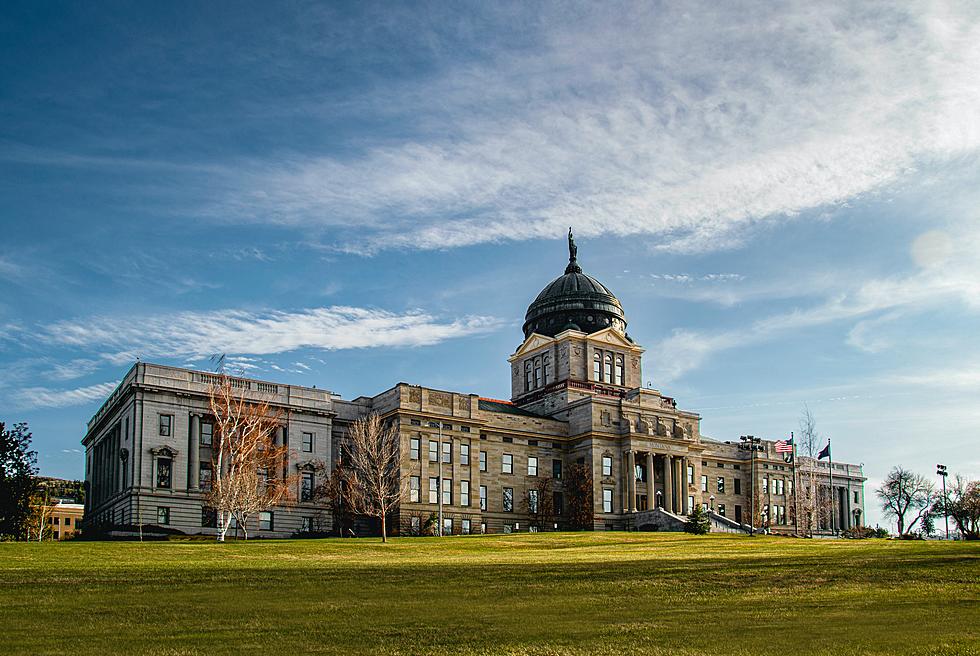
The Kyoto Protocol: World Climate Change
In an effort to reduce emissions of greenhouse gases that many think will result in climate change The Kyoto Protocol was proposed. The United Nations Framework Convention on Climate Change (UNFCCC) is an international treaty that sets binding obligations on industrialized countries to reduce emissions of greenhouse gases.
On December 11, 1997, more than 150 countries attending the global warming conference in Kyoto, Japan, agreed to create programs in their respective nations to control greenhouse gas emissions in the coming years.
The Blame Game
Who is responsible for climate changes on our planet today? Well the UN blames developed countries around the world. Their claim is that the planet is paying the price for 150 years of industrial activity that they refer to as the principle of “common but differentiated” responsibilities. In other words the bigger you are the guiltier you are. Currently the US accounts for about 36 percent of the greenhouse gases produced.
Who’s In and Who’s Out?
The Kyoto calls for two commitment periods. The first applies to emissions between 2008-2012 and the second 2013-2020. Thirty-seven countries have binding emission reduction targets between 2013-2020.
The 37 parties with binding targets in the second commitment period are Australia, the European Union (and its 28 member states), Belarus, Iceland, Kazakhstan, Liechtenstein, Norway, Switzerland, and Ukraine.
Of those listed countries Belarus, Kazakhstan and Ukraine may withdraw or not try to achieve their second round targets. Japan, New Zealand and Russia have participated in trying to meet the first round commitment but have not taken on new targets in the second period. Canada withdrew from the Kyoto Protocol in 2012.
The United States Position
Before the signing of the Protocol the US Senate passed the Byrd-Hagel Resolution unanimously disapproving of any international agreement that 1.) Didn’t require developing nations to make emission reductions and 2.) “Would seriously harm the economy of the United States.” So, even though Bill Clinton signed the agreement on behalf of the United States it was only a symbolic act and was never submitted to the Senate for a vote or ratification.
President George W. Bush opposed the Kyoto treaty, because, "it exempts 80% of the world, including major population centers such as China and India, from compliance, and would cause serious harm to the US economy.”
Some Final Thoughts
China and India are both home to over 1 billion people each. China’s air pollution is off the chart. People there walk the streets wearing protective masks yet they and India are both exempt from Kyoto.
With the importance of world markets growing by the day being forced to compete with major competitors on an unequal playing field puts the US at a distinct disadvantage. So it’s understandable that these restrictions would violate the Byrd-Hagel Resolution. But until the major polluters of the world are held accountable equally not much will change. Whether it’s global warming or global cooling going with “climate change” will always insure that you are 100 percent correct whichever one happens. I’m just planning on enjoying the snow and the nice cool weather. What’s your opinion?
More From KMMS-KPRK 1450 AM









